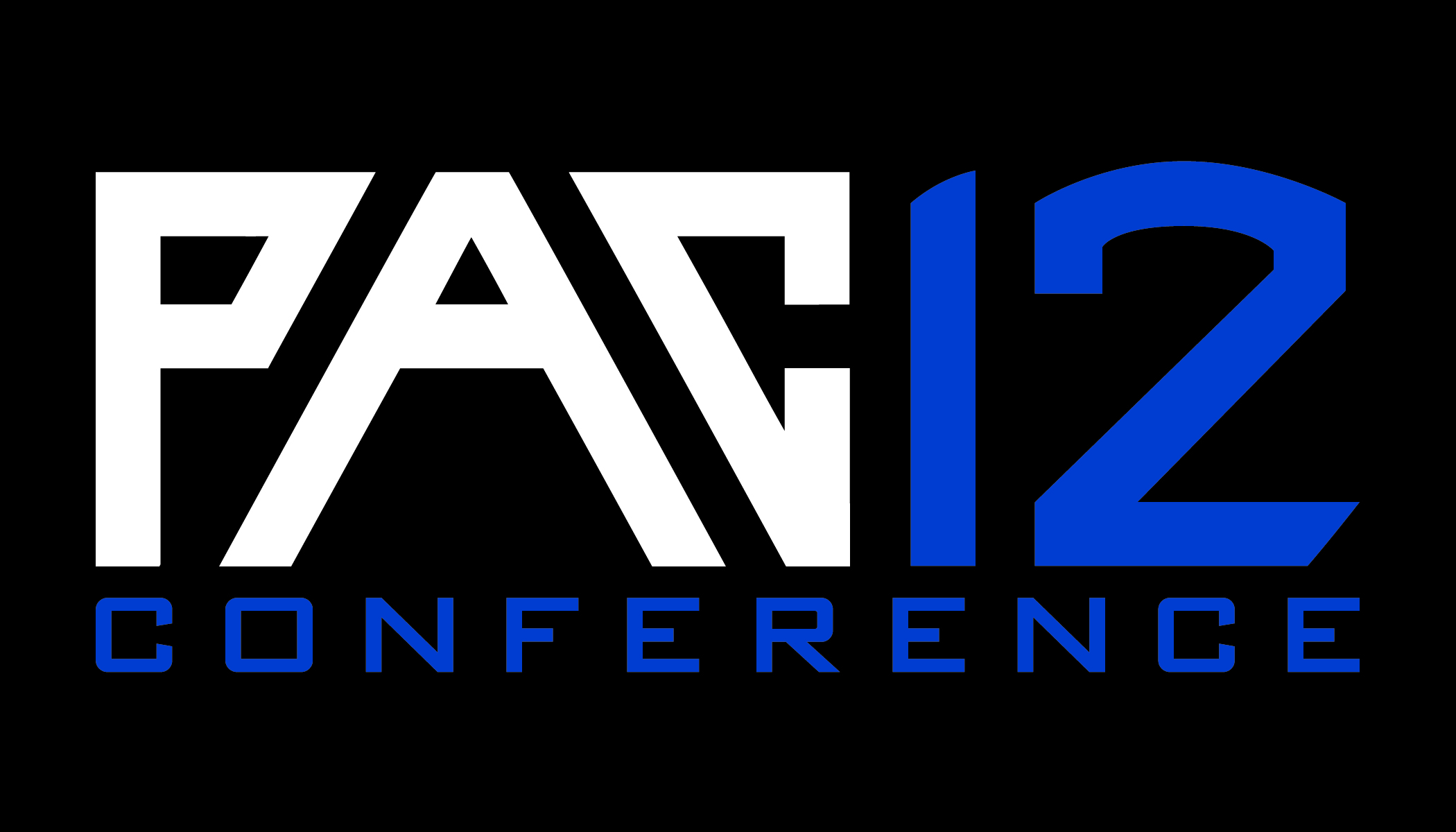Commentary on Pac-12 developments on and off the field by Jon Wilner
Rising: Pac-12 Football Alumni Council
On Monday, the Pac-12 announced the formation of an alumni council designed to advise the conference on ways to strengthen the football product. The group includes luminaries from every school, including NFL Pro Bowlers like Tim McDonald (USC), Lincoln Kennedy (Washington) and Steven Jackson (Oregon State).
Merton Hanks, the chief of Pac-12 football operations — and a former Pro Bowler himself with the 49ers — will lead the council, which is focused on driving interest and attendance and crafting strategies for success (perhaps via scheduling).
The Hotline spent 24 hours seeking feedback from contacts across the conference who are on the front lines of recruiting and day-to-day management of the teams. Can the council make a difference? Is it merely for show? What’s the general reaction on the campuses?
Several sources questioned the material impact the council can have on three of the building blocks essential for a thriving football product:
Recruiting top prospects.
Hiring elite coaches (and coordinators).
Maximizing media value.
The sources stressed that any limitations in these areas wouldn’t come from a lack of desire or ideas by council members but, rather, the restrictions posed by campus budgets, NCAA rules and existing media deals.
— The Pac-12 is locked into its contracts with ESPN and Fox through the 2023-24 college sports season.
— The potential for a significant shift in non-conference scheduling depends largely on the Big Ten’s desire to make it work through the alliance partnership.
— The university presidents ultimately control spending on football.
— The alumni council cannot take an active role in recruiting or pay prospects for name, image and likeness opportunities.
So the council’s work will focus on matters of messaging, engagement and certain strategic areas, either on the campuses themselves or through social media channels.
And that’s just fine.
Because even if the entire endeavor were simply for show — and I don’t believe that’s the case, at all — the mere creation of the council would still be a victory for the conference.
Optics matter, and Pac-12 football needs all the help it can get on that front.
It needs the donors, fans and recruits to believe the conference office and the campuses want to win at the highest level … that football does, in fact, matter more than anything else … that the powers that be are willing to try new things and listen to new voices and admit what they don’t know and upgrade the football product during a momentous stretch in the evolution of the sport.
The council is a mammoth step forward for a conference that, until six months ago, valued NCAA championships in the Olympic sports as much as it did CFP appearances.
Put another way:
Not long ago, the Pac-12’s general counsel was in charge of the football operation.
Now, the conference is seeking input from former All-Americans.
That, folks, is progress.
Falling: Potential for a big weekend in L.A.
The Pac-12 could not have asked for a better start to the meat of the basketball schedule than having three top-10 teams, including two blue bloods, colliding in Los Angeles over New Year’s weekend.

Sixth-ranked Arizona is scheduled to visit No. 5 UCLA on Dec. 30, then duel with No. 8 USC a few days later.
It has been ages since the Pac-12 could offer marquee showdowns in its largest media market on a weekend of high viewership and visibility.
Will COVID play along?
The Bruins have been on pause for a week; the Trojans shut down on Sunday.
Will either team have enough players to take the court?
Will they have enough practice time to provide a competitive product?
There is an inch of wiggle room to slide the games back, but not much.
The Pac-12 is on the brink of a showcase weekend unlike anything it has produced in years.
But now as always, COVID is an overwhelming favorite.
Rising: Youth coaching
We say that facetiously, but have you looked at the ages of the new guys?
USC coach Lincoln Riley is 38.
So is newly promoted Washington State coach Jake Dickert.
Dickert’s offensive playcaller, Eric Morris, is 36.
Oregon coach Dan Lanning is 35, and his offensive coordinator, Kenny Dillingham, is 31.
By comparison, new Colorado offensive coordinator Mike Sanford and Oregon State defensive coordinator Trent Bray are ready for Social Security. They’re 39.

Will the youth movement result in fresh energy and an upturn in creativity? Will the 30-somethings relate to current players and recruits better than the veterans?
We’re probably two or three seasons from an answer.
Until proven otherwise, the Hotline has no plans to discount the value that comes with decades of experience.
But it’s a fascinating development across multiple programs.
Rising: Cal’s football commitment
We reported recently that Bears coach Justin Wilcox was engaged in contract discussions with the administration — but that his compensation wasn’t the central issue.
Instead, Wilcox wanted enhanced funding for staff salaries and other resources that will help him build the program.
It appears the school, and its donors, listened.
The Bears didn’t announce a new contract for Wilcox this week, but they unveiled something that could serve largely the same purpose:
‘Championship CALiber,’ which is described by the school as “an initiative to provide additional support” for football.
That support will come via approximately $2 million in donations targeted at three areas, per the university:
— “Player Wellness: an increased commitment to the overall student-athlete experience, including an enhanced nutrition and fueling program
— “Recruiting: increasing travel funds, staffing and the use of software to strengthen the recruiting process
— “Staffing: enhancing salaries to recruit and retain elite coaches and support staff”
We suspect a contract extension for Wilcox is coming, eventually. But our guess is the support program announced this week achieved many of his goals.
In some regards, Cal is the most difficult coaching job in the Pac-12.
Without additional support, the Bears won’t consistently contend for the top tier of the North.
Support the Hotline: Receive three months of unlimited access for just 99 cents. Yep, that’s 99 cents for 90 days, with the option to cancel anytime. Details are here, and thanks for your support.
*** Send suggestions, comments and tips (confidentiality guaranteed) to pac12hotline@bayareanewsgroup.com or call 408-920-5716
*** Follow me on Twitter: @WilnerHotline
*** Pac-12 Hotline is not endorsed or sponsored by the Pac-12 Conference, and the views expressed herein do not necessarily reflect the views of the Conference.
Related posts:

(AP Photo/Ralph Freso, File)
Wilner Hotline – Five Hot Names for Next Oregon Football Coach
(AP Photo/Ralph Freso, File)
Wilner Hotline – Pac-12 rewind: Football alumni council formed, three in the AP top 10, bad bowl loss, incoming QBs and more
(AP Photo/Ashley Landis)
Wilner Hotline – Pac-12 adjusts football championship game selection process: It’s all about playoff bids
(AP Photo/Ralph Freso, File)
Brandon Huffman – Pac-12 Football Recruiting Notebook
